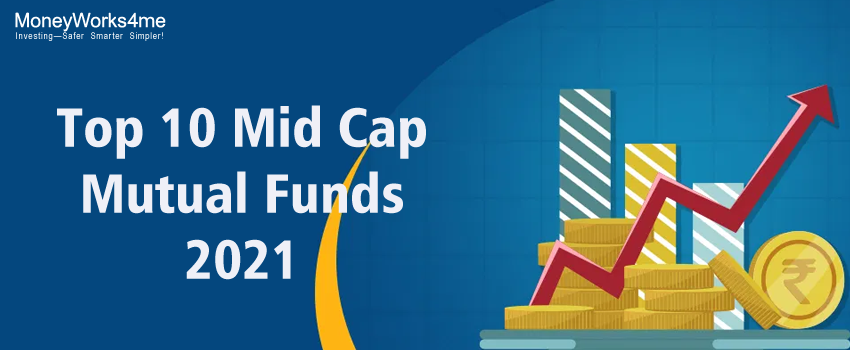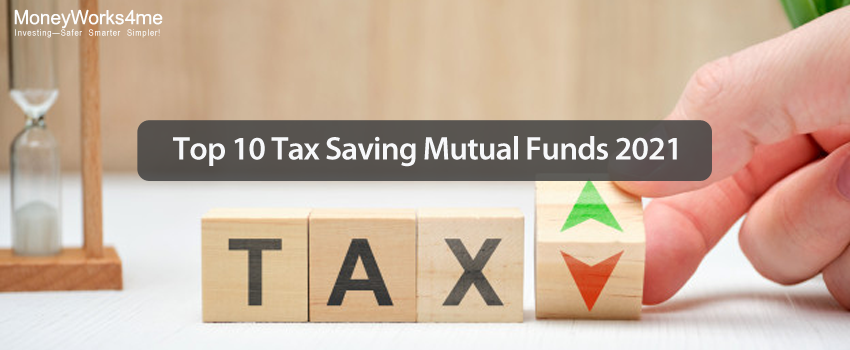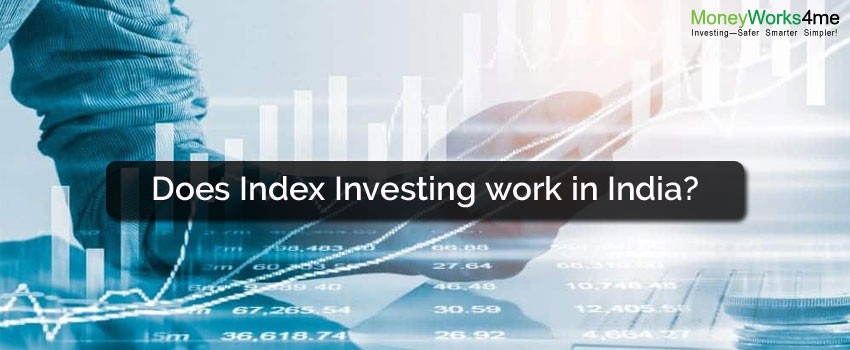There are roughly 350 Equity Mutual Funds in the market. Selecting the right ones can be pretty complicated. Since we cannot handle the complicated stuff, we resort to simpler measures even if they are incorrect and inadequate. The current method for selecting a fund based on the highest past returns is popular because of this very reason.
Finding a good Mutual Fund to invest in requires you to answer 3 essential questions:
There are roughly 350 Equity Mutual Funds in the market. Selecting the right ones can be pretty complicated. Since we cannot handle the complicated stuff, we resort to simpler measures even if they are incorrect and inadequate. The current method for selecting a fund based on the highest past returns is popular because of this very reason.
This way of looking at returns is like driving a car looking at the rearview mirror. It’s misleading, inadequate and risky.
Misleading, because it has the biases of when you started and how the markets are doing at the time of measuring the performance.
It’s inadequate because it does not tell us how much risk the fund manager is taking and whether the fund is likely to perform in the future, the period we are interested in.
It’s risky because funds that give the highest returns today have stocks that are overvalued and likely to correct or stagnate.
So, how do I select an Equity Mutual Fund to invest in?
Finding a good Mutual Fund to invest in requires you to answer 3 essential questions:
- What is the Right Fund?
- What is the Right Time to buy?
- What is the Right Allocation?
What is the Right Fund?
To assess whether a fund is investment-worthy, you need to check it on three important attributes and be able to compare it with its peers:
Quality of Holdings:
Quality of holdings is an assessment of how safe is the stocks that the fund owns. It is critical that your financial goals are met through your investments in mutual funds and for that, you need to select funds whose goals match yours.
It is quite possible that in the race to stand out amongst its peers in terms of returns, a fund might hold riskier stocks, as higher risks stocks may generate higher returns. However, it can backfire in terms of higher drawdowns-bigger losses when the market corrects.
This may not be acceptable to you. And this can be tricky to find out because funds usually play it reasonably safe when it comes to their top 10 holdings, but all the risks could be sitting below that.
That where you find if a fund has a portfolio of companies that are (i) low on quality (ii) cyclical (iii) poor corporate governance (iv) turn around or (v) small sized.
Consistency of Returns:
As an investor, we are more interested in a fund earning consistent returns that compounds rather than swings from very high to low/very low.
We also need a way of looking at returns that do not have the limitations of using past returns i.e start and end date bias; especially because we could enter and exit at any time.
For this, you need to look average rolling returns and rolling Alpha of a fund over at least 3/5/7 years’ time period. This tells how well a fund performed with different start and end dates on an absolute scale as well as compared to its benchmark.
Average rolling returns for the period 3/5/7 tends to smoothen out the very good or very poor performance that could be largely due to the market volatility/movement.
Expense:
Mutual funds charge fees for managing a portfolio and generating higher returns than the benchmark. A fund that earned higher excess returns may well deserve charging higher fees i.e. expense ratio. But it’s not worth to pay high expense ratio if a fund that doesn’t generate high excess returns.
We have seen that in the past, large cap funds haven’t generated very high excess returns vs the expense ratio they have charged their investors. So either these funds reduce their charges to remain attractive to investors and prevent them from investing in large cap index funds.
SEBI is coming heavily on reducing expense ratios for mutual funds that are managing large AUMs. Upon observing a direct plan expense ratio of many leading funds, their expense ratio is very close to each other hence holds less relevance today versus the above two parameters.
You can get answers to all the above questions on Moneyworks4me.com for free. MoneyWorks4me has color-coded equity MF as green, orange or red on all the 3 attributes and also on an overall basis.
What is the right time?
Valuation and Investing Strategy:
A fund may be the right fund to invest in, but you would like to buy it only when you expect to get at least higher-than-FD returns in the near future. Most industry players tell you not to time the market and do a SIP.
However, the savvy investor exit or stop SIP when the market is irrationally high. Suppose a fund has bought stocks at cheaper prices and held them for some time.
Currently, these stocks could be well over the fair price. The fund may continue holding onto them-showing great past returns. Now, should you invest in this fund? It is risky (valuation risks) for a new investor to enter at such elevated valuations.
In the 2nd half of 2017, this was the case for most mid and small cap funds. We recommend assessing whether the fund is holding so many over-valued stocks that it runs the risks of giving returns which are less than FD over the next 3 years. And if your fund falls in this category, you should stop your SIP in it!
Investment Philosophy:
Every fund has its own investment process like Growth investing, Value investing, Quality investing, etc. Some investment processes work well in rising markets while others work well in falling markets.
For example, It’s recommended to avoid growth funds if markets have already run up a lot. At the same time, it might not be preferable to buy value funds if markets overall are undervalued.
What is the Right Allocation?
You may find the Right Fund and the price/time may be suitable to invest in it. Should you go ahead and buy it and yes then how much? This question forces you to check if the fund is right for you. What does this mean?
- A fund is right for you if it suits your risk profile and investment horizon. E.g. a sector fund may be right only if you have an aggressive risk profile and a very long term, 10+ years horizon.
- A fund is right for you only if it makes sense in your portfolio. You invest in mutual funds to diversify and reduce risk and/or enhance returns. If you already have a portfolio, you need to check whether adding a fund helps you diversify. If not you are better off finding a fund that does. You also need to check if it adds risks e.g. increases the market cap risk above the threshold, implying you should not go for a small/mid cap fund but a large/multi-cap fund.
You can check this on MoneyWorks4me for free (ICICI Pru Long Term Equity – Tax Saving) To conclude, getting answers to the 3 essential questions, retail investors can choose the right mutual funds and achieve success in mutual fund investing.
Though these parameters may not identify ‘Mutual Fund of the year’, it definitely helps in avoiding the wrong funds and short-listing good funds that make sense in your portfolio and are likely to give higher than FD returns.
One may seek the help of a professional fiduciary adviser to find the mix of funds that together can give you the best risk-adjusted returns.
If you liked what you read and would like to put it in to practice Register at MoneyWorks4me.com. You will get amazing FREE features that will enable you to invest in Stocks and Mutual Funds the right way.
Need help on Investing? And more….Puchho Befikar
Kyunki yeh paise ka mamala hai
Start Chat | Request a Callback | Call 020 6725 8333 | WhatsApp 8055769463










